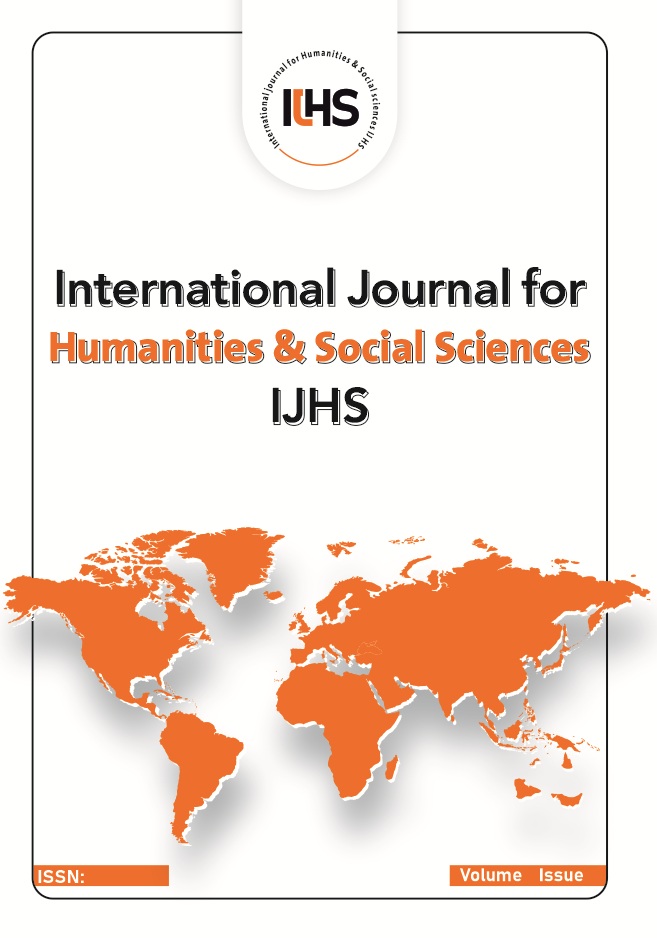Efficacy of A Self-Monitoring Intervention for Decreasing Off-Task Behavior Exhibited by a Second Grader with ADHD
Main Article Content
Abstract
Self-monitoring interventions show promise in helping to remediate academic and behavioral challenges for students with attention-deficit/hyperactivity disorder (ADHD). The current study used an ABAB reversal single-case research design to evaluate the effectiveness of a self-monitoring intervention for decreasing off-task behavior exhibited by a second grader with ADHD. The student was taught to self-monitor her task engagement using a MotiveAider™, an electronic device that vibrates at predetermined intervals (MotiveAider™, 2000). Results indicated that upon the implementation of the self-monitoring intervention, the student’s off-task behavior decreased from a mean of 53% to less than 10% in all the intervals observed. The results indicated that the self-monitoring procedure was associated with a decrease in talking to peers and being distracted with learning materials. However, the intervention was least effective in decreasing out-of-seat behavior. Limitations, implications, and future directions are discussed.
Article Details

This work is licensed under a Creative Commons Attribution 4.0 International License.
International Journal for Humanities and Social Sciences (IJHS) is licensed under the http://creativecommons.org/licenses/by/4.0, which allows users to copy, create extracts, abstracts, and new works from the article, alter and revise the article, and make commercial use of the article (including reuse and/or resale of the article by commercial entities), provided the user gives appropriate credit (with a link to the formal publication through the relevant DOI), provides a link to the license, indicates if changes were made, and the licensor is not represented as endorsing the use made of the work. The authors hold the copyright for their published work on the IJHS website, while IJHS is responsible for appreciate citation of their work, which is released under http://creativecommons.org/licenses/by/4.0, enabling the unrestricted use, distribution, and reproduction of an article in any medium, provided that the original work is properly cited.

